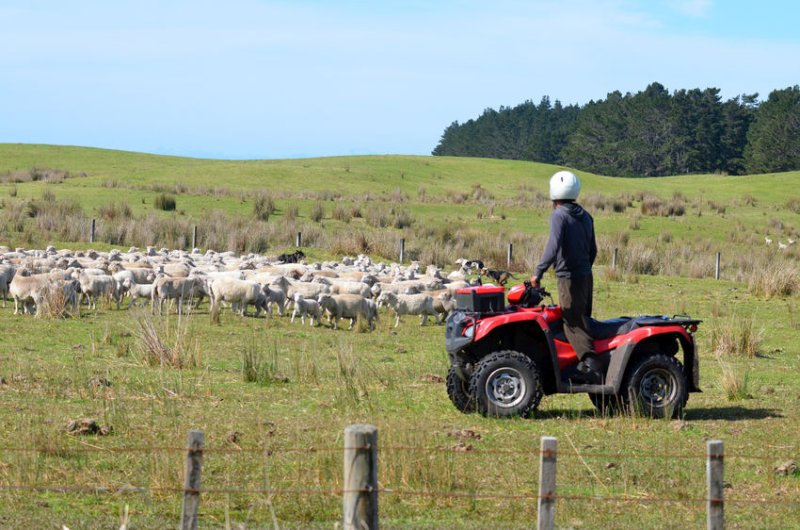34 people killed in agriculture during past year, HSE says

A total of 34 people in Britain were killed in agriculture during the past year, the UK's safety watchdog has said today in its latest report.
New figures published by the Health and Safety Executive (HSE) show agriculture's continued poor performance in combatting workplace injuries and fatalities.
The startling figure compares to an annual average number of 28 fatalities in the agriculture, forestry and fishing sectors over the last five years.
HSE's new report, released on Friday (17 December), shows that 30% of deaths over the same five-year period were caused by being struck by a moving vehicle.
Other fatalities were caused by animals (16%), falls from height (13%), struck by moving object (13%), and trapped by something collapsing/overturning (10%).
Farming's fatal injury rate - 8.47 per 100,000 workers - is around 20 times the all industry rate, the HSE said.
The report also shows that 3,970 non-fatal injuries per 100,000 workers took place in agriculture, forestry and fishing, which is double the industry average.
The NFU said agriculture had significantly higher injury rates than others, and this was something the industry had to work to change.
The union's deputy president Stuart Roberts, who is also chair of Farm Safety Partnerships England, said: “The recently published HSE report makes for sad reading.
"Unfortunately, we already know that agriculture has the poorest performance when it comes to fatal injuries, but this latest report highlights that agriculture’s non-fatal injury rate is double that of the whole industry average.
"This just highlights the need for us to work together to make a cultural change in our industry."
He said the union was encouraging farmers and farm workers to ensure safety was a 'real priority' at workplaces across the country.
"It’s about recognising that sometimes small actions can make a substantial change in preventing tragic accidents from happening," he added.
"By learning from each other and making these changes we can protect ourselves and our colleagues.”








